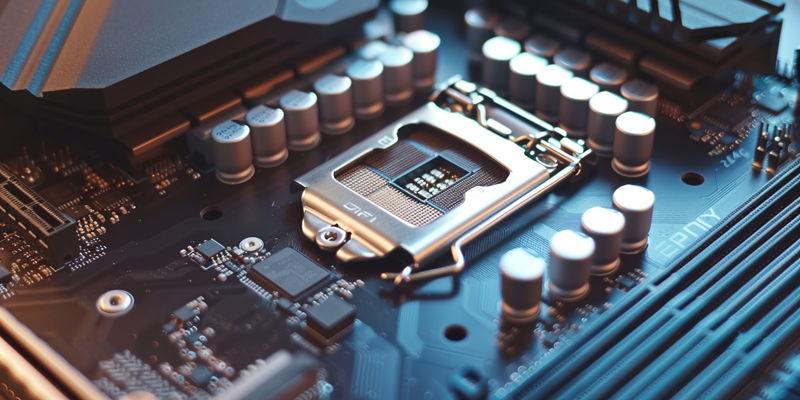The technological terrain is shifting as Nvidia makes a groundbreaking move, joining forces with MediaTek to craft an Arm-based mobile CPU tailored for Windows platforms. This collaboration heralds a significant shift in an industry poised on the brink of change, especially as Qualcomm’s long-held exclusivity deal with Microsoft for Arm Windows CPUs nears its conclusion. The new Nvidia chip, which is still shrouded in secrecy, is rumored to be a powerhouse, incorporating off-the-shelf Cortex X5 CPU cores. The chip is complemented by Nvidia’s own Blackwell GPU architecture and is bolstered with LPDDR6 memory. This fusion of technologies seems destined to establish Nvidia as a formidable competitor in a soon-to-be wide-open market.
With a torrent of speculation surrounding the production process, industry insiders anticipate that the chip will be fabricated by none other than Intel Foundry Services. There’s a bit of mystery here—it’s assumed the silicon will emerge from the production lines etched with the precision of a 3nm process, despite Intel’s nomenclature suggesting a 5nm process. This puzzling contradiction has yet to be clarified. Looking further into the future, whispers of Intel’s 18A technology, scheduled for a 2025 debut, suggest even more sophisticated manufacturing possibilities for Nvidia’s nascent chip.
The Intersection of Giants
Nvidia is making waves in the tech world by partnering with MediaTek to develop an Arm-based CPU designed for Windows devices. This pioneering step marks a pivotal moment in the industry, especially with Qualcomm’s exclusive Arm Windows CPU contract with Microsoft winding down. Although details are sparse, the Nvidia processor is anticipated to be a potent force, harnessing Cortex X5 CPU cores. It is further enhanced by Nvidia’s Blackwell GPU and supported by cutting-edge LPDDR6 memory, positioning Nvidia as a strong contender in the evolving market.
Rumors swirl about who will manufacture this promising chip, with predictions favoring Intel Foundry Services. Adding to the intrigue, there’s speculation that the chip might utilize a 3nm process, despite Intel’s current 5nm process designation. Untangling this enigma remains a task for the near future. Peering ahead, industry whispers about Intel’s 18A technology, expected around 2025, hint at even greater manufacturing sophistication for Nvidia’s emerging processor.

